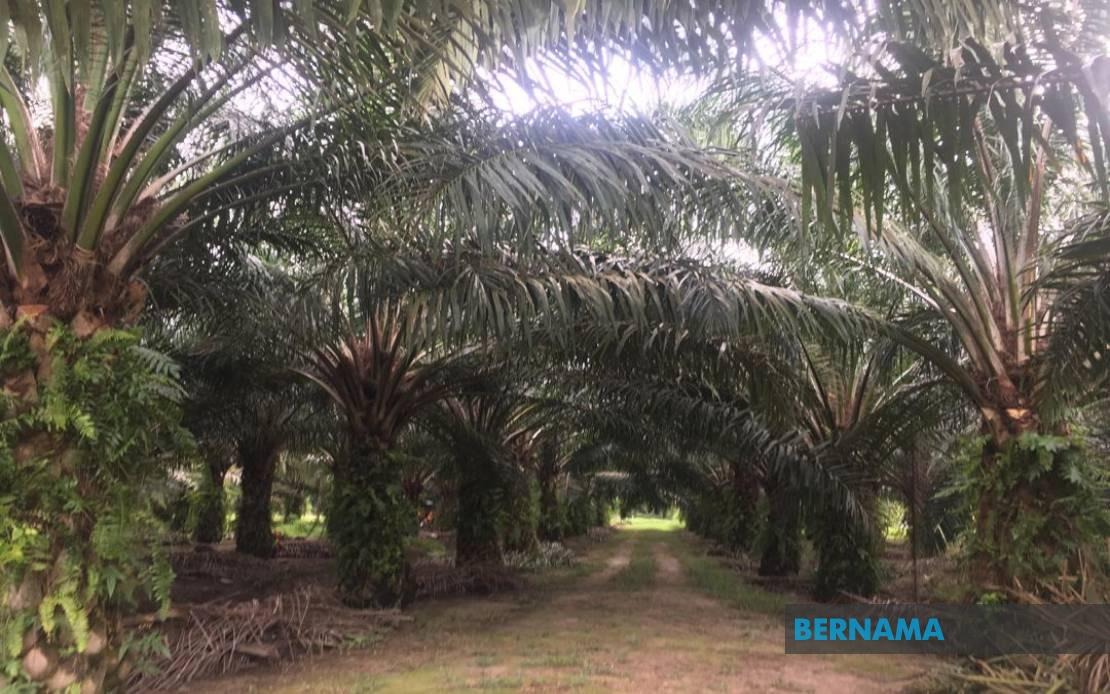News
Stakeholders urged to step up engagement on palm oil sustainability efforts
KUALA LUMPUR, Dec 14 -- The Environmental Protection Society Malaysia has urged palm oil stakeholders to step up their engagement with environmental, cultural and social organisations when dealing with external parties pertaining to the negative perception against palm oil.
Its president Nithi Nesadurai said stakeholders need to get inputs from these organisations to develop a sustainable palm oil sector, which would require a complete transformation, starting from the choice of land, its cultivation, oil extraction process and final use.
“The situation facing the planet is both a crisis and an emergency. Therefore, embracing ecological sustainability by living well within the ecological limits of the planet is the only way forward.
“There is no other alternative, and this includes the palm oil sector,” he said during the online Future-Proofed Palm Oil (FPPO) Summit 2020, today.
Nesadurai said it was crucial for the industry to change and counter the ongoing attacks on palm oil, especially by the European Union.
After the negative health claims, environmental issues were next on the attack list for the industry, and the claims include deforestation, more greenhouse gas emissions and reduction of wildlife population, especially the orangutan.
He said while the industry is overcoming the challenges, it needs to capture opportunities, including focusing on increasing yield, creating wildlife corridors and enhancing biodiversity.
“It should also focus on zero-waste technology. Be a source of renewable energy and communicate your efforts,” he said.
The second panelist during the summit, Malaysian Palm Oil Board’s head of Technical Advisory Services Unit, Product Development & Advisory Services Division, Nik Aznizan Nik Ibrahim stressed that beef production is the main driver of deforestation in all major agricultural commodities.
He said as at 2016, 59 per cent of oil palm companies have at least one relevant commitment to no deforestation, followed by soy (53 per cent), timber/pulp (21 per cent) and cattle (12 per cent).
Meanwhile, commenting on the smallholder’s perception that the Malaysian Sustainable Palm Oil (MSPO) certification is expensive, Dibiz Pte Ltd co-founder and chief executive officer, U. R. Unnithan said the MSPO is a government initiative where compliance by smallholders would only be to their benefit.
“Every time we look at something as being expensive, it is all economics ... when your income level is low, every dollar that you spend becomes very expensive, so the idea is to see how we can bring the smallholders to adopt correct agriculture practices, which is what sustainability is all about.
“And when they get higher yields, their net income will improve, and when net income improves the expenses that they incur become a little bit smaller,” he said.
In the end, it is a win-win if it is workable, he said, adding that incentives would motivate smallholders to get on board with the government's sustainable agenda.
The MSPO certification, which was made mandatory by the government on Jan 1 this year, aims to reduce the industry's social and environmental impacts and assist independent smallholders in certifying their palm oil for the export market.
It ensures that the country's palm oil industry complies with international sustainability requirements that encompass the whole supply chain — from growers and millers to traders and retailers.
To recap, about 13 million tonnes, or 21 per cent of the world’s palm oil supply has been certified as responsible and sustainable under the Roundtable on Sustainable Palm oil (RSPO) criteria.
About 58.3 per cent of 5.85 million hectares of land under oil palm cultivation in Malaysia have been MSPO-certified, and all the large companies in Malaysia that control over 60 per cent of the total planted area are already certified as sustainable.
Meanwhile, about 32.2 per cent of 16.38 million hectares of land under oil palm cultivation in Indonesia are certified under the Indonesia Sustainable Palm Oil (ISPO).
The FPPO 2020 is a four-day event that begins today, aimed at addressing palm oil-related issues and recommending solutions through discussions on market, policies, strategies, technologies and innovations.
-- BERNAMA
Other News
Sarawak Lepasi Sasaran Kapasiti Gabungan Tenaga Boleh Baharu Tahun Ini - Abang Johari

Oleh Nur Ashikin Abdul Aziz
SINGAPURA, 21 Okt (Bernama) -- Sarawak mencapai 62 peratus sasaran campuran kapasiti tenaga boleh baharu (TBB) tahun ini, melepasi sasaran 60 peratus yang digariskan dalam Strategi Pembangunan Pasca COVID-19 (PCDS) 2030.
Sarawak Pacu Pertumbuhan Tenaga Boleh Diperbaharui Untuk Manfaat ASEAN - Premier

SINGAPURA, 21 Okt (Bernama) -- Sarawak komited menyokong peralihan tenaga boleh diperbaharui di Asia Tenggara dengan memanfaatkan potensinya sebagai "Bateri ASEAN," yang akan membekalkan tenaga bersih menerusi sambungan Grid Kuasa Borneo dan ASEAN.
Belanjawan 2025 Percepat Peralihan Kepada Tenaga Bersih - Solarvest

KUALA LUMPUR, 19 Okt (Bernama) -- Belanjawan 2025 merupakan satu langkah ke arah mempercepat peralihan kepada tenaga bersih di Malaysia, kata Solarvest Holdings Bhd.
© 2024 BERNAMA. All Rights Reserved.
Disclaimer | Privacy Policy | Security Policy This material may not be published, broadcast,
rewritten or redistributed in any form except with the prior written permission of BERNAMA.
Contact us :
General [ +603-2693 9933, helpdesk@bernama.com ]
Product/Service Enquiries [ +603-2050 4466, digitalsales@bernama.com ]
